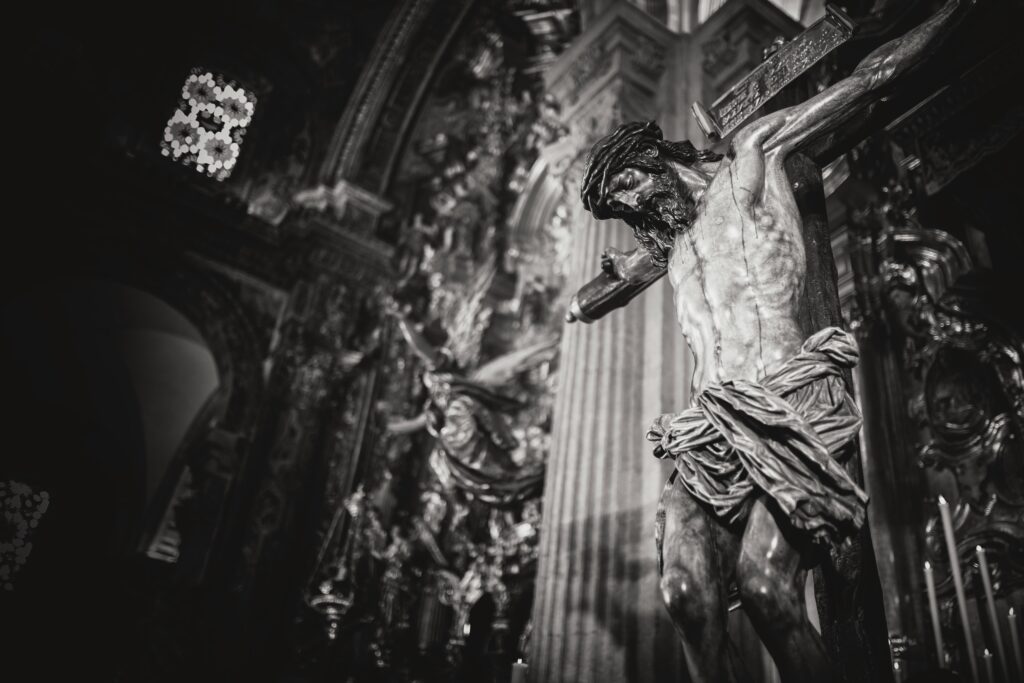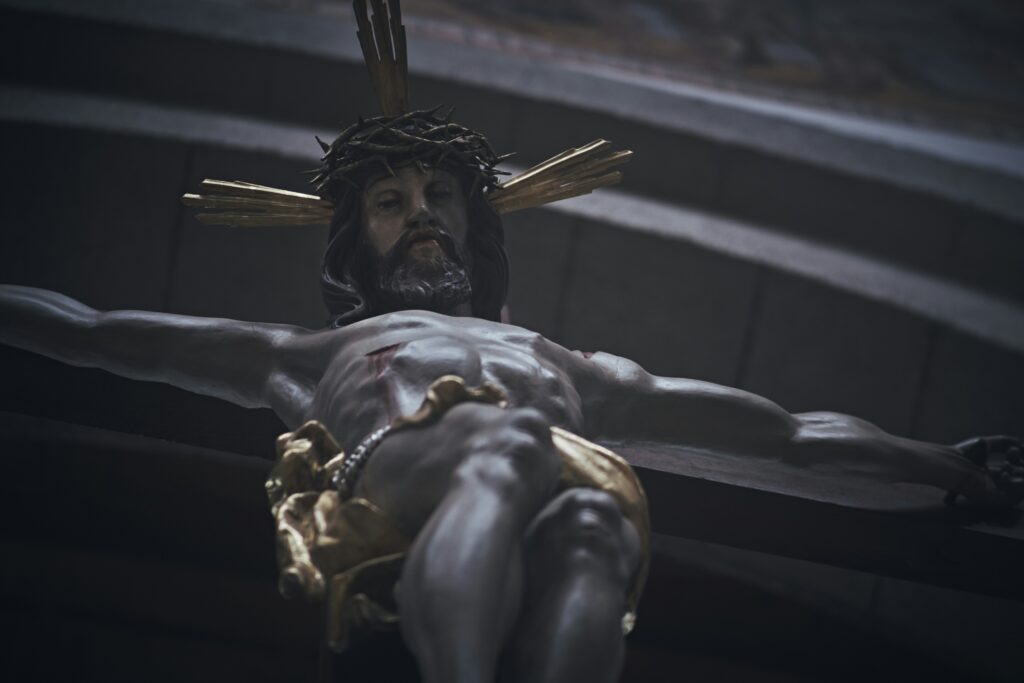Orphans of Living Fathers
The crisis of fatherhood and its consequences for children's upbringing and today's society

The figure of the man who assumes fatherhood based on his masculinity is not going through its best moments. This is expressed in her book, Stolen Fatherhood (Ed. Almuzara), by María Calvo, a professor at the Carlos III University of Madrid. She comments on the consequences of the social withdrawal of men for children, for their mothers, and society. Therefore, she calls for a change of mentality.
Today, it is very common for fathers to be required to be great mothers, to act according to a maternal feminine model and forget typically masculine attributes. The exercise of authority, the imposition of limits, courage, the defense of the weak… it seems that all of this must be set aside in favor of empathy, affection, or tenderness.
To the extent that women are having children without a father, or children who are “fatherless” before birth, in so-called “single-parent” families (single mothers with children), men are being deprived of the role of fatherhood and children are being condemned to being orphaned by living parents.
It seems that fathers are expendable. Symbolically, even legislation has abolished the father: the Royal Decree-Law extending paternity leave approved by our government does not contain the word “father” at any point. It refers to “parent other than the biological mother.”
Statistics show that paternal absence is at the root of most of the most serious social problems: crime, teenage abortions, academic failure, drug addiction… Previously, it was thought that these situations were related to marginalization and poverty. Not so: they also occur in upper-class children, in minors who are violent.
A father is the one who adopts his child, accompanies him, sets limits. He “fathers” him. A father is not a biological father: inseminating is not fathering, just as someone who owns a piano is not a pianist. The biological father has to “adopt” his child, symbolically speaking. He has a different and new role, one in which one grows through practice. He is the one who takes care of a child in all its facets: spiritual, physical, and psychological, and he may not even be the biological father.
As a society, we have not honestly measured the consequences of fatherlessness, physical and psychological absence. Cases have been studied in Colombia, Paris, the United Kingdom, Spain… The results are always the same: paternal absence is a determining factor for asocial manifestations or even pathological consequences.
Article previously published in Woman Essentia
 (EN)
(EN)
 (ES)
(ES)
 (IT)
(IT)





